The Theory of Social Revolutions
The Theory of Social Revolutions
Book Excerpt
en held by him, in all Western countries at least, as a trust to be used for the common welfare. A breach of that trust has commonly been punished by deposition or death. It was upon a charge of breach of trust that Charles I, among other sovereigns, was tried and executed. In short, the relation of sovereign and subject has been based either upon consent and mutual obligation, or upon submission to a divine command; but, in either case, upon recognition of responsibility. Only the relation of master and slave implies the status of sovereign power vested in an unaccountable superior. Nevertheless, it is in a relation somewhat analogous to the latter, that the modern capitalist has been placed toward his fellow citizens, by the advances in applied science. An example or two will explain my meaning.
High among sovereign powers has always ranked the ownership and administration of highways. And it is evident why this should have been so. Movement is life, and the stoppage of movement is death, and the mov
Editor's choice
(view all)Popular books in Politics, History
Readers reviews
0.0
LoginSign up
Be the first to review this book
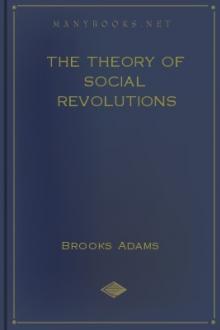
 Free Download
Free Download
















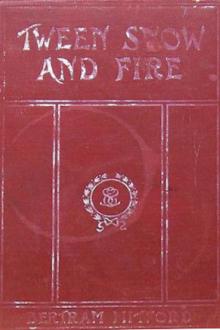


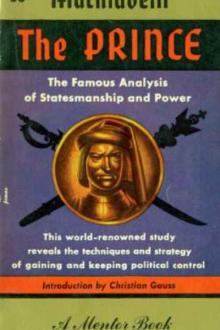


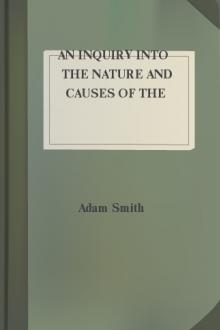
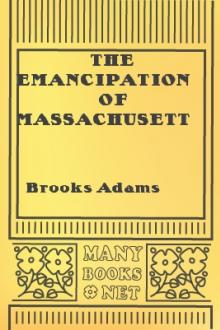
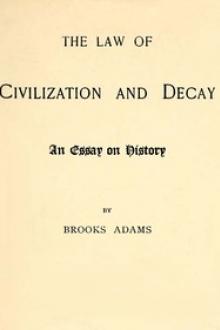
-itok=vcKIB5v1.jpg)